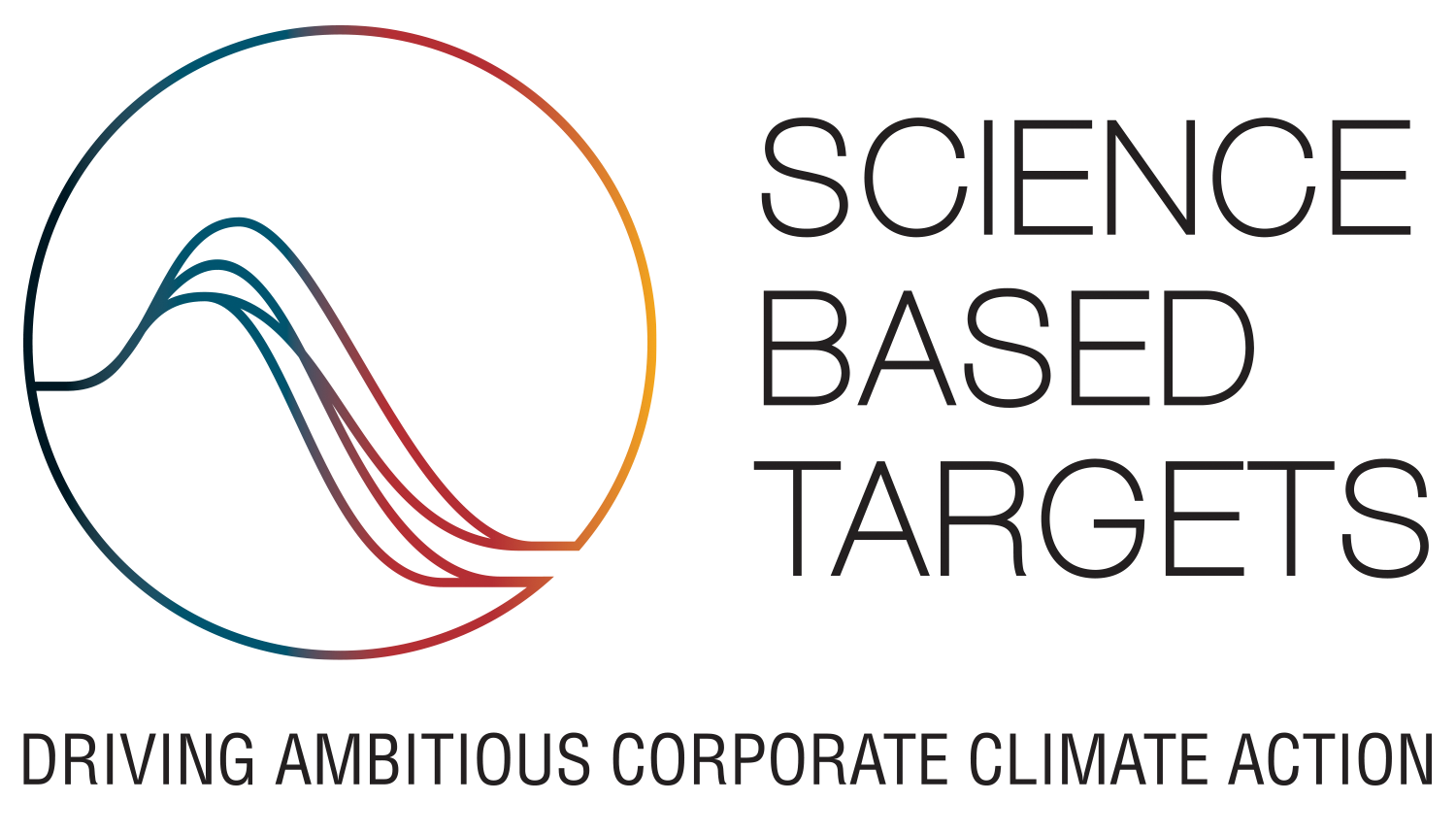Our sustainability commitment and goals
Mycronic strives to accelerate the transition to a sustainable electronics industry.

Electronics have great potential to help society become more sustainable. At the same time, the use and production of electronics involve a range of environmental and social challenges that must be addressed.
Mycronic actively pursues long-term sustainability in its operations and business strategy. We are committed to contributing to a clean, responsible, and profitable electronics industry. To achieve this, we have developed strategies to address environmental and social impact. And while we have goals and actions in place to support our commitment, we know we still have a long way to go.
Alignment with international standards
Mycronic's commitment to sustainability is grounded in international standards and goals. All our work on sustainability is guided by the UN Global Compact and its ten principles on human rights, labor, the environment, and anti-corruption, to which Mycronic is a signatory.
![]()
Mycronic’s sustainability initiatives also incorporate the UN Sustainable Development Goals (SDGs) and we actively contribute to the goals where we have the greatest potential to drive positive change. We focus in particular on the following UN sustainable development goals:
UN sustainable development goals: our focus

Mycronic supports the ambitions of the Paris Climate Agreement and we are committed to do our part to reach its goals. Mycronic has set targets aligned with the internationally recognized Science Based Targets initiative and has a road map in place to decrease climate impact.
Our goals to 2030
Mycronic helps accelerate the transition to a sustainable electronics industry by focusing on areas where we have the greatest potential to drive change.
We have identified three key areas where we see that Mycronic can make its greatest contribution, while at the same time supporting us in achieving our business goals. In each area, we have defined Group goals for 2030, broken down by our divisions into concrete targets and actions.
Key area: Climate impact
We focus on minimizing our climate impact with the aim of enabling growth without jeopardizing the future of the planet. Our roadmap includes initiatives to reduce emissions from our facilities and from our products..
Group goals: Reduce absolute Scope 1 and 2 greenhouse gas emissions by 56 percent, from base year 2022. Reduce Scope 3 greenhouse gas emissions from the use of sold products by 52 percent per SEK gross profit, from base year 2022.
Key area: Innovation for sustainability
Innovation is at the core of our growth strategy and our customers’ interest in energy and material efficient production equipment is increasing. Our roadmap includes incremental development, research in new technologies, and collaboration with clients and academic partners.
Group goal: Reduce Scope 3 greenhouse gas emissions from the use of sold products by 52 percent per SEK gross profit, from base year 2022.
Key area: Future engineers through diversity
A diverse and inclusive workplace helps us to stay competitive now and in the future. Recruitment of engineers is a challenge in our industry. We therefore act to encourage youth to pursue engineering studies, we search for talents among under-represented groups, and we develop our people with diversity, equity and inclusion at top of mind.
Group goal: Increase the share of women in the workforce and in manager positions to 25 percent, respectively. Reach a score for diversity and inclusion in the annual engagement survey to 4.3 (of 5).
In addition to the above three areas, we also work with topics related to being a responsible employer and business partner, such as respect of human and labor rights, employee health and safety, supply chain due diligence, trade compliance and anti-corruption. Each topic is addressed either through policy, rules and guidelines, or through specific targets and action plans.
Mycronic's material sustainability topics
Responsible business |
Social responsibility |
Environmental responsibility |
| Responsible sourcing | Health and safety | Environmental management systems |
| Trade compliance | Training and development | Management of chemicals |
| Anti-corruption | Community involvement | Minimizing waste |
| Anti-competitive practices | Human and labor rights | |
| IT security |
We have laid the foundation for achieving our ambitions for 2030 and our roadmap is set to bring us forward step by step. Our plans ahead also include preparing our organization for new regulations.
Read more
Our sustainability initiatives in the Annual & sustainability report.
